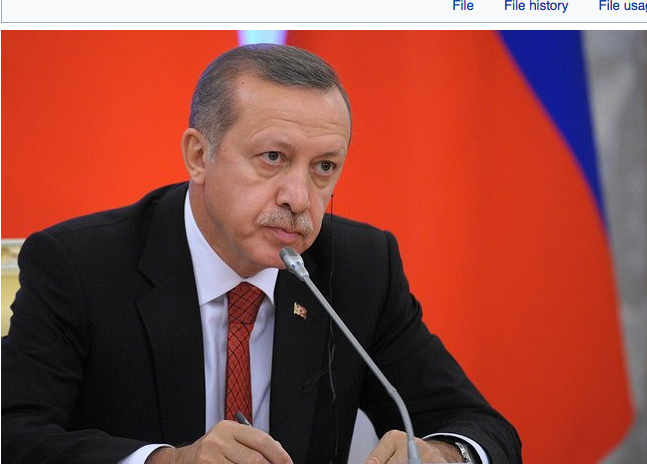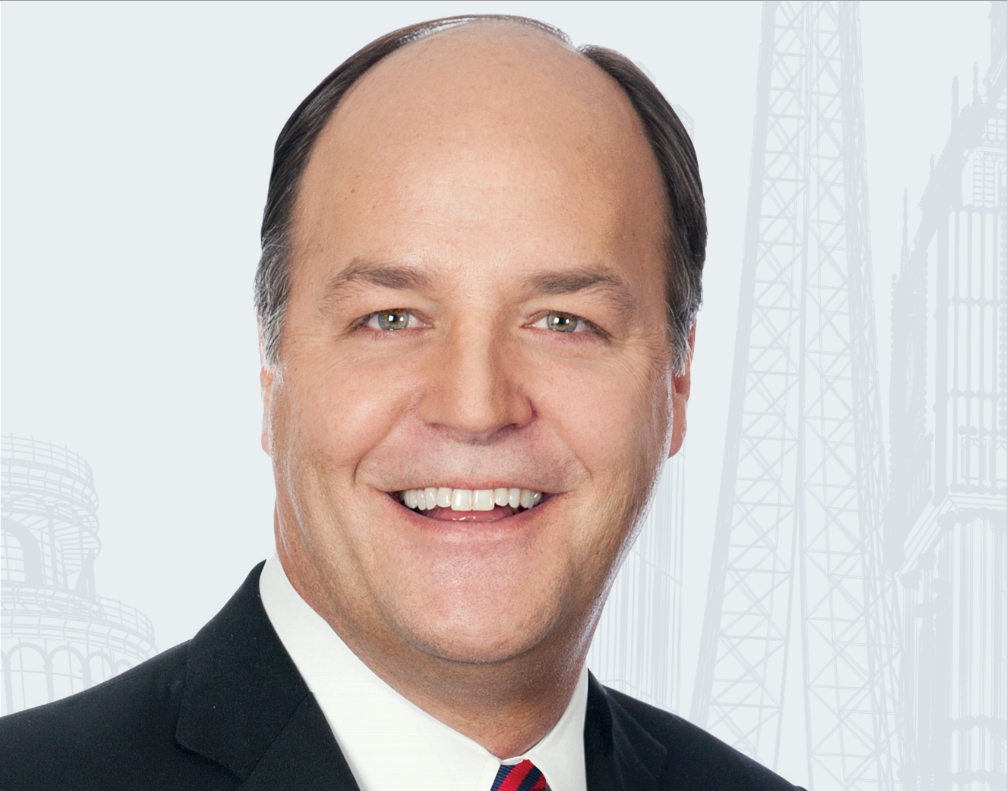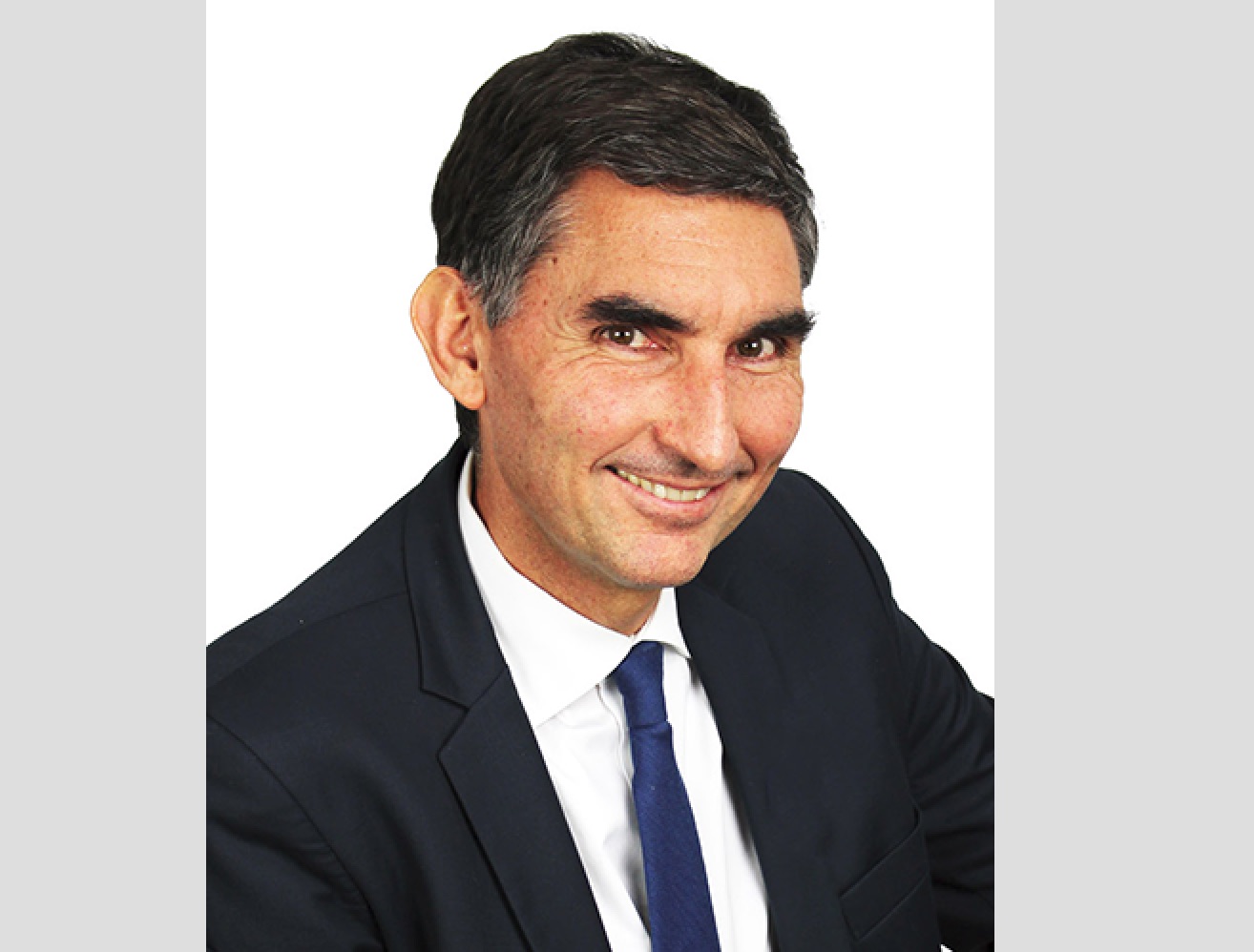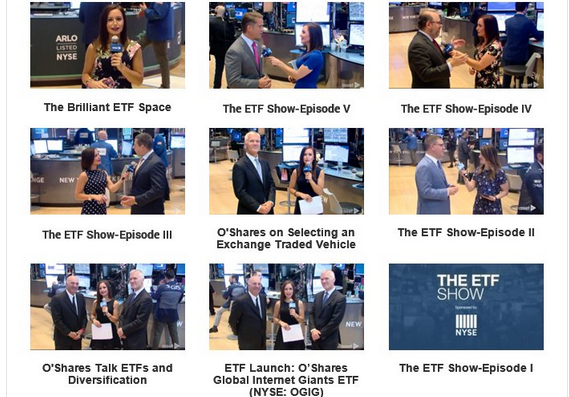Axel Christensen (BlackRock): “In the Short-Term, the New Mexican Government May Bring Good News in Terms of Increasing Consumption”
| For Meritxell Sedo | 0 Comentarios
Axel Christensen, Head Investment Strategist for the Latin America and Iberia region at BlackRock, and a member of BlackRock Investment Institute, has recently relocated from Santiago de Chile to Miami. On July 19th, he participated in the 2018 Mid-Year Outlook presented by the BlackRock Investment Institute at the Mandarin Oriental Hotel in Miami, sharing his views on Latin American markets and the concerns that BlackRock’s clients in the region -pension funds in Mexico, family offices in Brazil or insurance companies in Peru- are conveying.
After being in negative territory or close to zero in 2015 and 2016, last year, the GDP growth forecast for the Latin America region started to pick up. For next year, market analysts are expecting a growth of about 3% a year.
“Probably due to the increase in uncertainty and risks, the final growth rate will be somewhere lower than a 3%. But I would like to say that the glass looks half full when looking at the region. The numbers in aggregate look good. We have seen a recovery in growth. Additionally, inflation, which has been a problem in the past, has been converging nicely into their target zone for most of the central banks in the region. The current account deficit, which is very important in rising rate environment because it tells you how exposed the region is to changes in flows, and the fiscal balance, meaning how much money is the government overspending in comparison to their income, are probably still two of the more challenging issues,” explained Christensen.
“If we look at the region as whole, I would say that the picture is a good reflection of a fairly looking awkward environment. A lot of the economies in the region are very synchronized with the US economy, something that we look forward that should continue. It we look at things at a more specific level, the region starts to become much more interesting, especially from the risk perspective. Perhaps, the risk that most investors are spending time on while looking into Latin America is political risk. There is a good reason for that. If we look at the past twelve to eighteen months, we had a very busy electoral cycle. We had Congressional elections in Argentina in October last year. We also had a General election in Chile. This year we had Presidential elections in Colombia and Mexico, and next October a major election will be held in Brazil. And, guess what? We do not know who is going to win”, he added.
In Latin America, BlackRock uses an index specifically built for the region, that they named the ‘Increase of Latin American populism’.
“We are concerned that changes in government will bring back policies in the economic space that not necessarily fit well with financial markets, being for instance a new President in Mexico that has come in with a very strong mandate to change things. We are concerned that change might mean removing some of the recent reforms that the current government has put in place, like opening the energy sector to private investment. And of course, in Brazil, we are concerned because whoever will lead the government, starting next year, will have to face very tough decisions from the first day in office: to solve a situation of high fiscal deficit on top of a lot of public debt being issued to finance that deficit. There is a lot of concern from investors on who is going to lead these countries and whether they are going to take right decisions that eventually will lead their economies to grow and therefore companies to prosper. The macroeconomic backdrop is pretty good, so is not that we are overly concerned in an overall sense, but we do identify there are specific challenges that may make the difference.”
Latin America is signaling green
The Latin American heatmap, the visual representation of economic indicators using red, yellow and green colors that BlackRock prepares to have a better grasp of what is going on in the region, is overall signaling green. The macro indicators of the two largest economies, Brazil and Mexico are also green, despite their higher exposure to political uncertainty.
Mexico and Brazil
Investors in Mexico are in a “wait and see” mood. They want to see how the new government comes in. A lot has been said during the campaign, and investors want to check to which extend AMLO (Andres Manuel Lopez Obrador) is going to fulfill his electoral promises.
“This uncertainty is going to create interesting opportunities. As investors, we are seeing valuations on fixed income and equities that have not been at this levels for some time. A couple of Mexican companies, that we have visited there, see that in the short-term the new Mexican government may bring good news in terms of increasing consumption. As the new government wants to increase wages, people will have more disposable income to buy more goods and services. There is also an ambitious infrastructure investment agenda. However, they are concerned that the government may get too ambitious in terms of spending too much, and that the longer-term effect on Mexican economy may end up being negative. Not only in terms of fiscal situation deterioration, but also in terms of a delay on investments decisions, that may affect economic growth, and eventually although we may have a couple of very good initial years, the Mexican economy may end up paying higher financial costs because the risks of holding Mexican assets goes up,” he clarified.
The case in Brazil is somewhat similar, BlackRock does see some green lights on the macro side. However, they are concerned with the high level of debt that the government carries and the uncertainty about the election. There are 13 candidates for the first round at the beginning of October, the frontrunner has slightly around 20% of voter support. Brazilian investors are holding to see who wins.
Argentina and Venezuela are signaling red
A couple of countries have, unfortunately, more red lights. Of course, there has been a very difficult economic situation in Venezuela, for some time now, in terms of geopolitical risks and hyperinflation. And then, Argentina, who used to share more green lights with the other countries, is now signaling more reds. As of recently the situation has become a lot more difficult, because the interest rates have come up responding to very high inflation level that has been reflected in the strong devaluation of the Argentinian peso against the dollar.
“The prospects of growth in Argentina are very concerning: To what extent can a country withstand such a high interests rates? It is very difficult for the Argentinian economy not to be affected in terms of growth. We are also concerned about the current account situation and their high level of debt. But if anything, we still think that the government is strongly committed to bring forward the necessary reforms at the Argentinian economy, and it needs to start resolving some of the more worrying aspects.”
Fortunately, most of the other economies in the region are doing quite well. Some of them are signaling green. Definitively Chile, Colombia and Peru are going through a more favorable part of the cycle. “We see growth in the Andean Region. Thanks to the comeback of commodities prices that are very important for the economy of this region -being copper, because of Chile and Peru, being oil, because of Colombia- the situation looks pretty good. At the same time, if we look at markets and their valuations, a lot of that good situation is already in the price,” he concluded.










